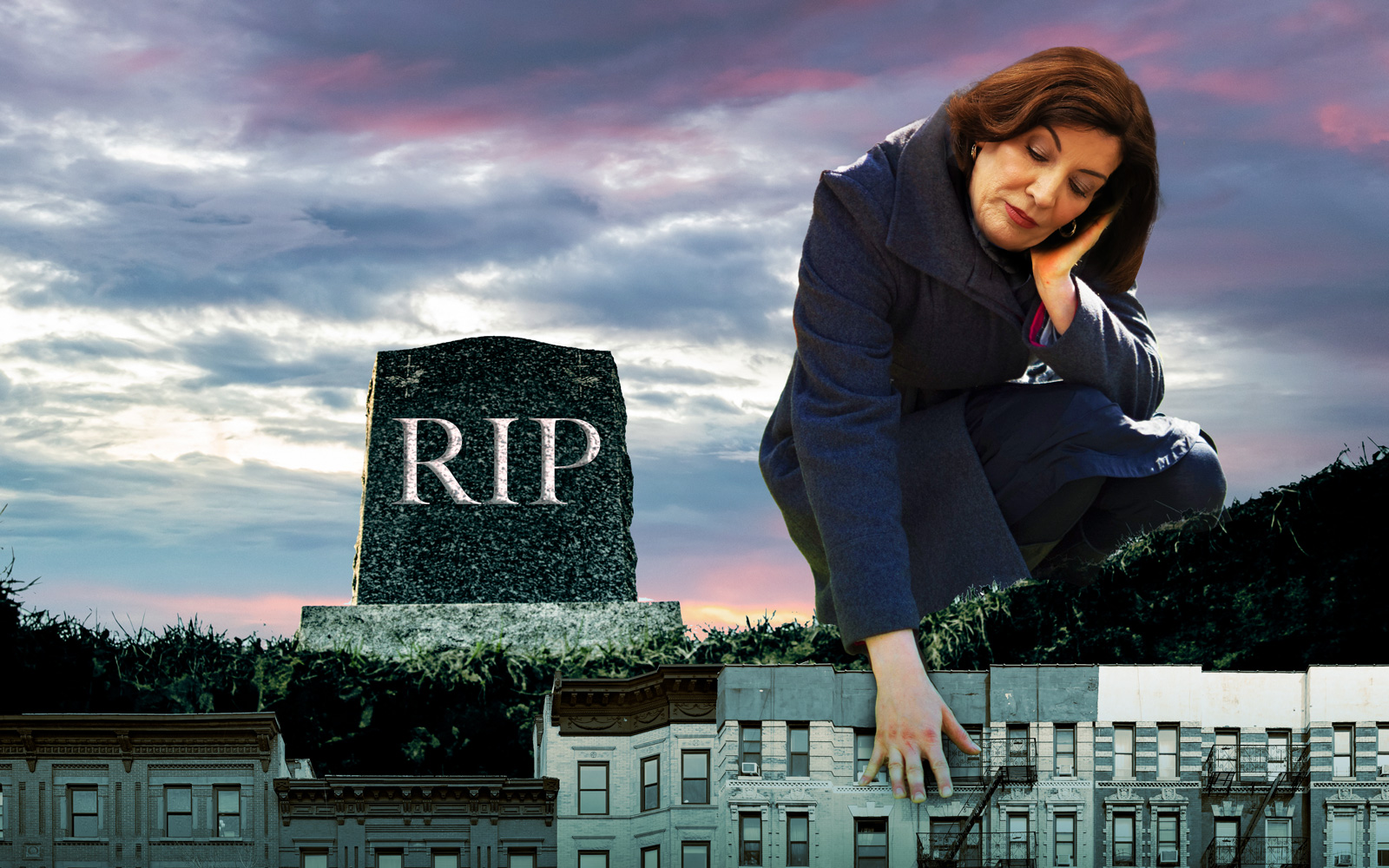Setting housing goals is one thing; making sure they’re actually built is another.
The Charter Revision Commission said in its preliminary report that it may consider “fair share” housing models in other states, including New Jersey and California, as part of potential reforms to the city’s land use policies. Such models require localities to shoulder their share of housing needs and provide a so-called builder’s remedy that permits developers to bypass local zoning rules in areas that are not living up to their housing targets.
The city has already taken some steps in this direction. The City Council in 2023 approved the Fair Housing Framework, which requires the city’s housing department to set five-year housing production targets for each of the 59 community districts. Gov. Kathy Hochul had pitched a statewide version of builder’s remedy in 2023, but set it aside amid opposition.
The Fair Housing Framework, however, set goals, not mandates, meaning districts don’t face repercussions for failing to meet those targets. Various groups have proposed adding some teeth to the framework by creating a streamlined review process for certain housing projects if a district fails to meet the housing production targets.
The proposal to set enforceable city housing targets and other possible recommendations to amend the city charter are not final. The 13-member commission will eventually finalize its recommendations, which will then be posed to voters. The report, however, reveals what proposals the commission may prioritize related to land use, as well as city elections, climate infrastructure and nonprofit contracts with the city.
The report acknowledges that Council members wield significant power over rezonings, but the commission seems wary about flipping that system completely on its head.
The report details that member deference — the City Council’s tradition of voting on land use actions based on the wishes of the local Council member — has led to the loss of thousands of housing units since 2022. Specifically, at least 3,547 housing units were not built as a result of a reduction in a project’s scope, at the behest of a Council member, or because an application was withdrawn in the face of a Council member’s opposition.
Various groups have proposed changes to the city’s Uniform Land Use Review Procedure, the seven-month process that culminates with a City Council vote to approve rezonings and other land use actions.
Those proposals have included giving borough presidents, who have an advisory vote in the process, more sway over rezonings, through a vote after the City Council considers a proposal. Another would replace the mayor’s ability to veto a land use action with a three-member panel, while a separate proposal would create an appeals board that could override a City Council vote.
The report strikes a cautious note, stating that any reform must “grapple with the reality that today member deference is one of the most important ways that local priorities — channeled through a community’s elected councilmember — shape proposals for development and secure community investments.”
The report signals that the commission could take a more surgical approach, noting that changes that “empower citywide and boroughwide actors could reasonably be limited to proposals involving housing, or even a limited set of housing proposals, such as projects that meet certain affordability requirements, limits on size, proximity to transit, or labor standards.”
“Any change in this domain should preserve meaningful opportunities for local input,” the report states.
The Commission, citing that Ulurp “simply does not work for more modest changes to zoning,” is considering fast-tracking certain types of land use actions and projects, or a sort of “junior review” for small projects and zoning changes. It is also looking at creating a “zoning administrator,” who would have the authority to approve certain modest zoning changes and certain project types.
The New York Housing Conference released a separate report on Wednesday that claimed the city produced 27,620 units of affordable housing in 2024. That is 10 percent more than the average seen over the last five years, but the report also found that a handful of districts were responsible for 38 percent of the affordable housing built.
Read more

Rest of Hochul’s housing agenda all but dead: sources

City Council OK’s five-year housing targets

The Daily Dirt: This week’s most boring and important subject












































